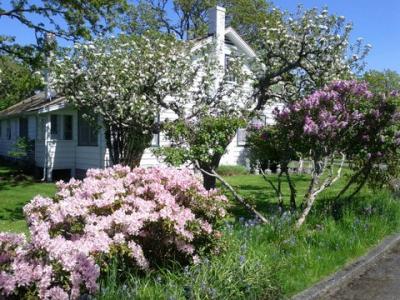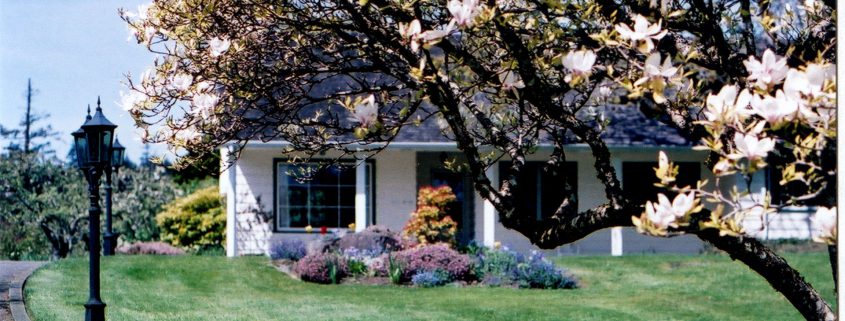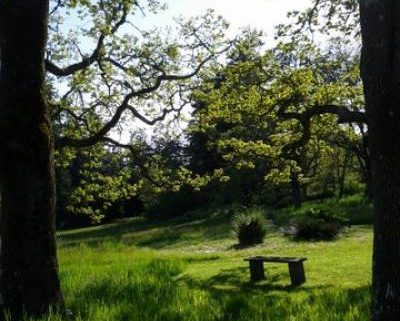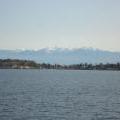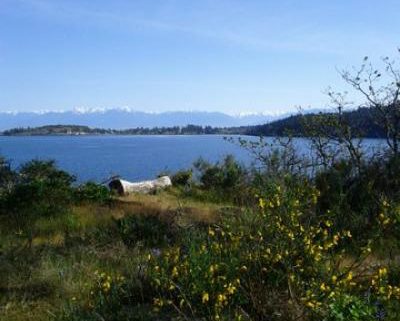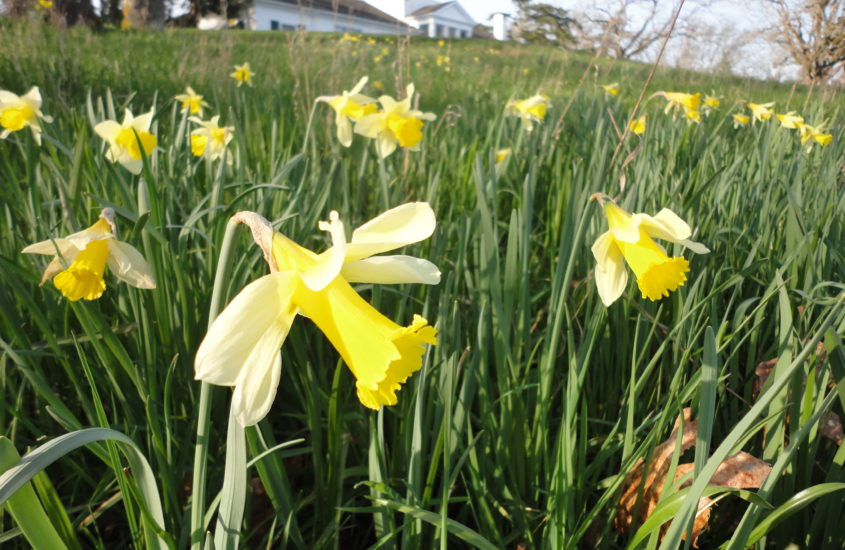“You Are the World” Weekend Retreat
September 20 – 22, 2019
At KECC
This retreat was intended to provide an opportunity to inquire into the current state of our human predicament. Beginning with an examination of the climate change emergency and the environmental crisis, we then proceeded to consider the responsibility we bear through our highly materialistic and affluent consumer culture. We also face annihilation due to the nuclear arms race, runaway global heating, climate chaos and the mass extinction of species on Earth.
Since this crisis is the result of our way of life, we have to look to ourselves to find the cause and the cure. While people are busy everywhere trying to find technical solutions, which are obviously necessary, there appears to be much less emphasis on the psychological and cultural factors that have brought this crisis about and that continue to perpetuate it. We turned our attention to some of these factors, including our deep sense of personal, spiritual and cultural separation from Mother Earth.
Krishnamurti’s unique way of seeing and living in the world offers hope in this time of existential threats to humanity. He points to the importance of clearly seeing the relation between the inner and the outer and that awareness, intelligence and insight are critical factors in generating the creative and compassionate ground of a new culture based on essential and holistic values.
The retreat was facilitated by Peter Carter and Julie Johnston. Peter is a retired physician. As a founding director of CAPE (Canadian Association of Physicians for the Environment) and, more recently, as founder of the Climate Emergency Institute, Peter has presented on sustainable development, environmental health policy, biodiversity, and climate change and ocean issues at international science and climate change conferences in Canada, the United States, Europe, Asia and South America.
Peter was an expert reviewer for the Intergovernmental Panel on Climate Change’s fifth climate change assessment (AR5, 2014) and the
IPCC’s 2018 Special Report on 1.5ºC. His mission now is to spread the full truth about the extreme risks and magnitude of the global climate and ocean disruption emergency.
Julie Johnston is a climate change activist and sustainability education teacher and consultant, with a master’s degree focused on environmental adult education. She works with international students at Royal Roads University and with educators around the world through GreenHeart Education, an organization dedicated to promoting transformative education for sustainability and greening the heart of education systems at all levels.
The retreat opened with a public talk by Peter and Julie on the Friday night entitled “Profound Personal and Global Transformation” and attended by twenty-one people in all, including facilitators and KECC staff. Peter spoke of how he came to be so interested in the climate change issue and in the teachings of Krishnamurti and Julie shared some of her personal history. We watched a short video entitled “Is There Intelligent Life in the Universe” which presented the dire situation we are in on planet Earth. Also shown was a short film with Krishnamurti speaking on “Transformation”. Julie then asked participants to briefly introduce themselves and to relate some significant change they had recently made in their lives. This lead to a rich and sensitive sharing, which created a deep sense of connection within the group.
The rest of the weekend, attended by eleven people, continued to be an investigation of the inner and outer causes and “remedies” for the emergency situation we find ourselves in and have created. We watched a short clip of the teenage climate activist Greta Thurberg addressing a recent conference in Poland and another one of Krishnamurti speaking at the UN. Several more videos of K were shown, including “The Challenge of Change”, and there was a good deal of group dialogue. Julie lead us outdoors on Saturday to explore the environment and tune into our senses with some awareness exercises. Delicious meals were catered by Glenrosa Restaurant and the weekend was one of rich inquiry and companionship within the context of some very serious issues confronting the human race.

